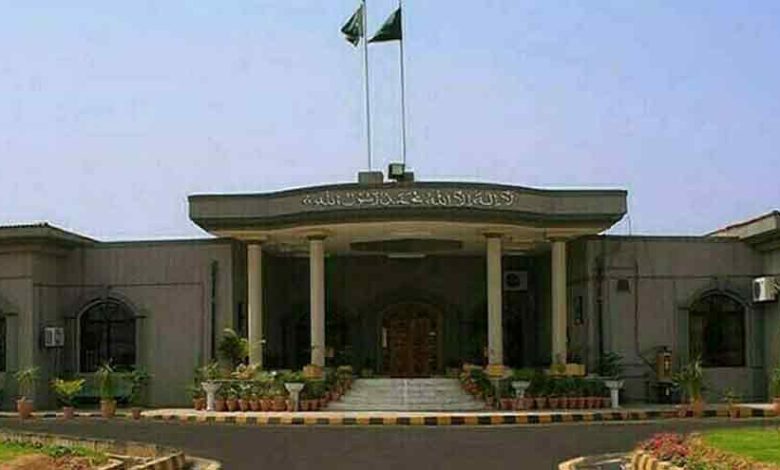IHC does not prosecute anyone for driving without a license right away.

The Islamabad High Court (IHC) has decided that persons who drive without a license shouldn’t face any legal action right away.
The decision was reached by Chief Justice Sardar Mohammad Sarfraz Dogar at the hearing of a citizen’s petition contesting the Chief Traffic Officer’s (CTO) order establishing a deadline for the seizure of automobiles and the making of arrests for driving without a license.
The court ruled that instead of being arrested or having their cars taken, people who are detected driving without a legal license should first receive a warning and a fine.
Without parliamentary legislation or cabinet permission, the petitioner said that such actions were illegal and unconstitutional.
According to the chief justice, driving without a license may result in legal repercussions, such as the need to file a complaint in the event of an accident, but the law shouldn’t apply harsh penalties right away without following the correct procedures.
Captain (retd) Hamza Humayun, the CTO, responded to the court’s notice by appearing in person and explained that no one has yet been charged with a crime related to not having a driver’s license.
The court voiced worries about the lack of knowledge concerning licensing, pointing out that even though Pakistan was founded more than 70 years ago, many drivers were still ignorant of the necessity of having a current license.
A digital verification system akin to the National Database and Registration Authority (NADRA) app was also proposed by Chief Justice Dogar. This system would link driving licenses and other papers with NADRA for convenient access and authentication.
In its final ruling, the court stressed that a first-time offender should only receive a warning and a fee, and that any more infractions could result in harsher punishment. The court further emphasized that while errors can occur, the law cannot permit them to be applied incorrectly.
With these directives, the petition was denied because the court anticipated the ruling would fairly balance the rights of citizens and police enforcement.